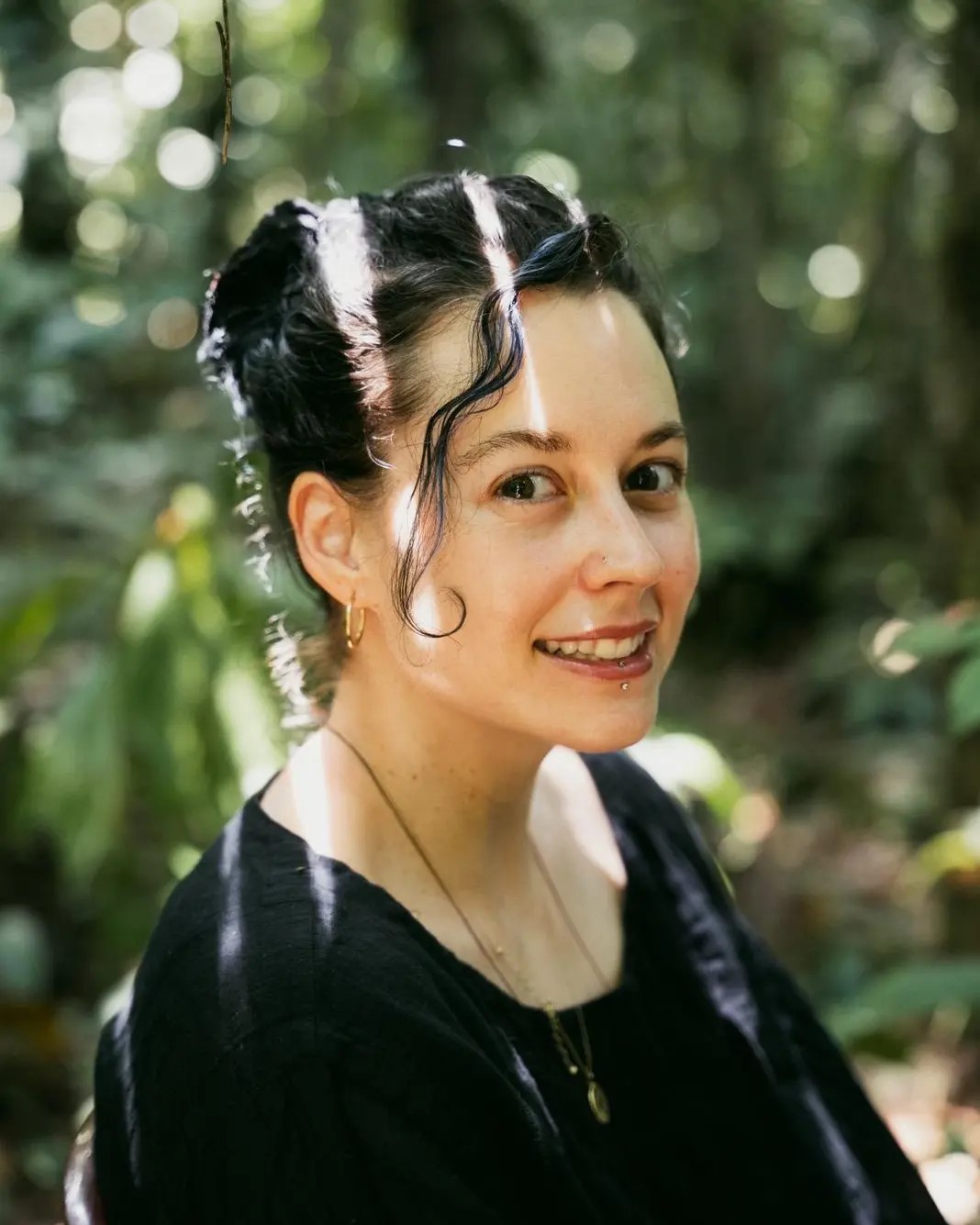
Lorna Hadlock is a postdoctoral Teaching Fellow in the Department of Comparative Human Development and the College.
She is a psychological and medical anthropologist researching cross-cultural and cross-species encounters related to healing in the Peruvian Amazon and Andes. In her work, she addresses how language and culture influence experiences of healing, the body, and encounters with non-human others such as plants and spirits. Furthermore, she is interested in the transformative potential of encounters with others (interpersonal, cultural, and non-human), and how people manage the self/other boundary.
Her dissertation research focuses on a shamanic training center in the Peruvian Amazon where an indigenous Shipibo healer trains Western apprentices. The dissertation examines how Western students interpret Shipibo healing concepts and experience interactions with Amazonian plant spirits. Through their training, students learn to manage a unique relationship with specific Amazonian plants in which they merge the plant with their bodies and selves, becoming human-plant hybrids. Through the merging process, they develop their ability to listen and respond to plants.
Lorna will teach in the Mind sequence and offer courses on Anthropology of Embodiment and Psychedelic Healing and Spirituality.

Onnie Rogers’ research interests lie at the intersection of psychology, human development and education. She is interested in social and educational inequities and the mechanisms through which macro-level disparities are both perpetuated and disrupted at the micro-level of identities and relationships.
Read more about Professor Rogers here.
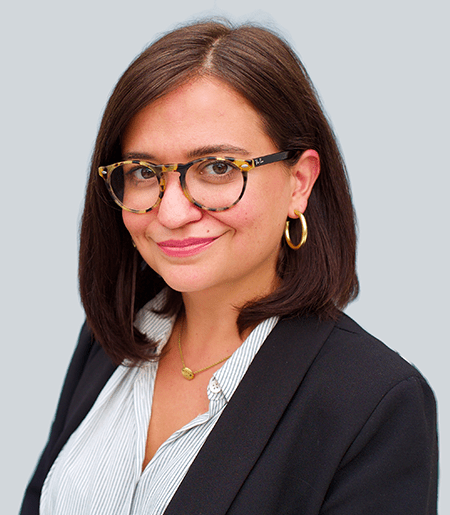
Chiara Galli's research interests include: international migration, migration and asylum policy, law and society, children and youth studies, and qualitative research methods.
Read more about Chiara here.
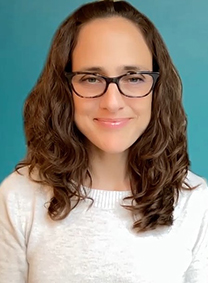
Terra Edwards' research is concerned with the many ways that language reflects and is shaped by our experiences in the world. For the past 10 years, she has been pursuing this interest in DeafBlind communities in the United States, where a new, tactile language is emerging.
Read more about Professor Edwards here.
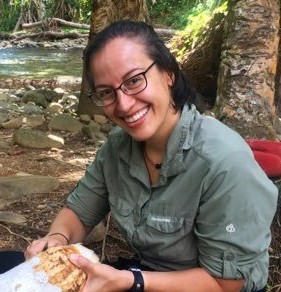
Marisa Casillas explores how cognitive and social processes shape the ways in which we learn, perceive, and produce language.
Learn more about her work here.
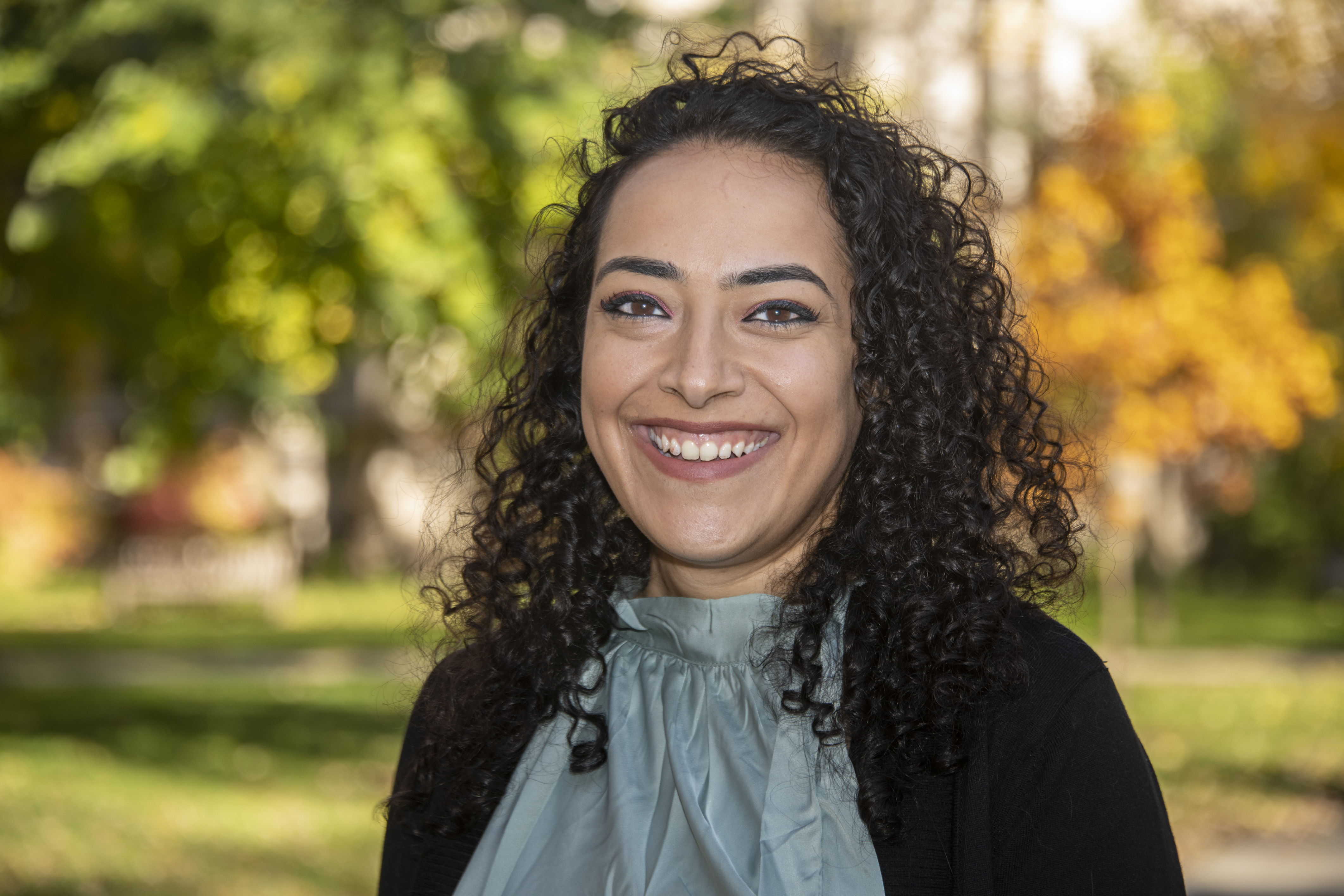
Eman Abdelhadi traces individuals’ relationships with Muslim communities across the life course, showing the ways in which attachment is gendered at individual, household and institutional levels. Learn more about her work here.

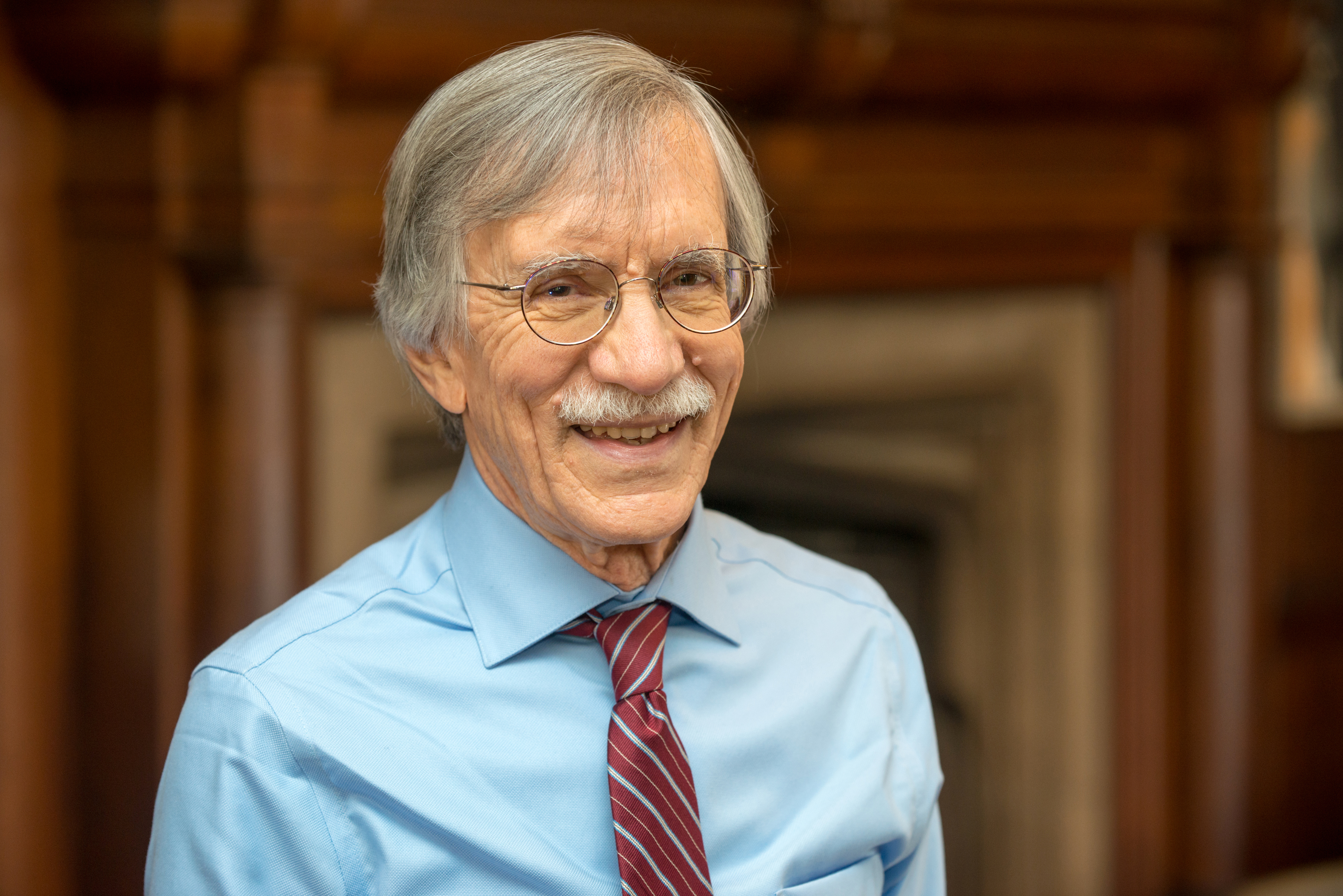

Beale Spencer, a leading scholar of diversity, resilience and human development, has developed critical insights regarding vulnerability, risk, and resilience as normatively experienced by diverse individuals, including those considered privileged. She developed the Phenomenological Variant of Ecological Systems Theory (P-VEST), a theoretical framework that incorporates identity, cultural, and ecological perspectives that has been accepted as a unifying theory from the American Psychological Association Task Force. She has recently launched the Urban Resiliency Initiative, emphasizing educational contexts, interrogating neighborhood policing encounters, and seeking to diminish vulnerability and increased global resiliency.
She has been elected to the American Academy of Arts and Sciences, the National Academy of Education, the American Psychological Association, and the American Association for the Advancement of Science. She earned her doctorate in Human Development at the University of Chicago and has been a member of the faculty since 2009.
Read more about Professor Spencer here.
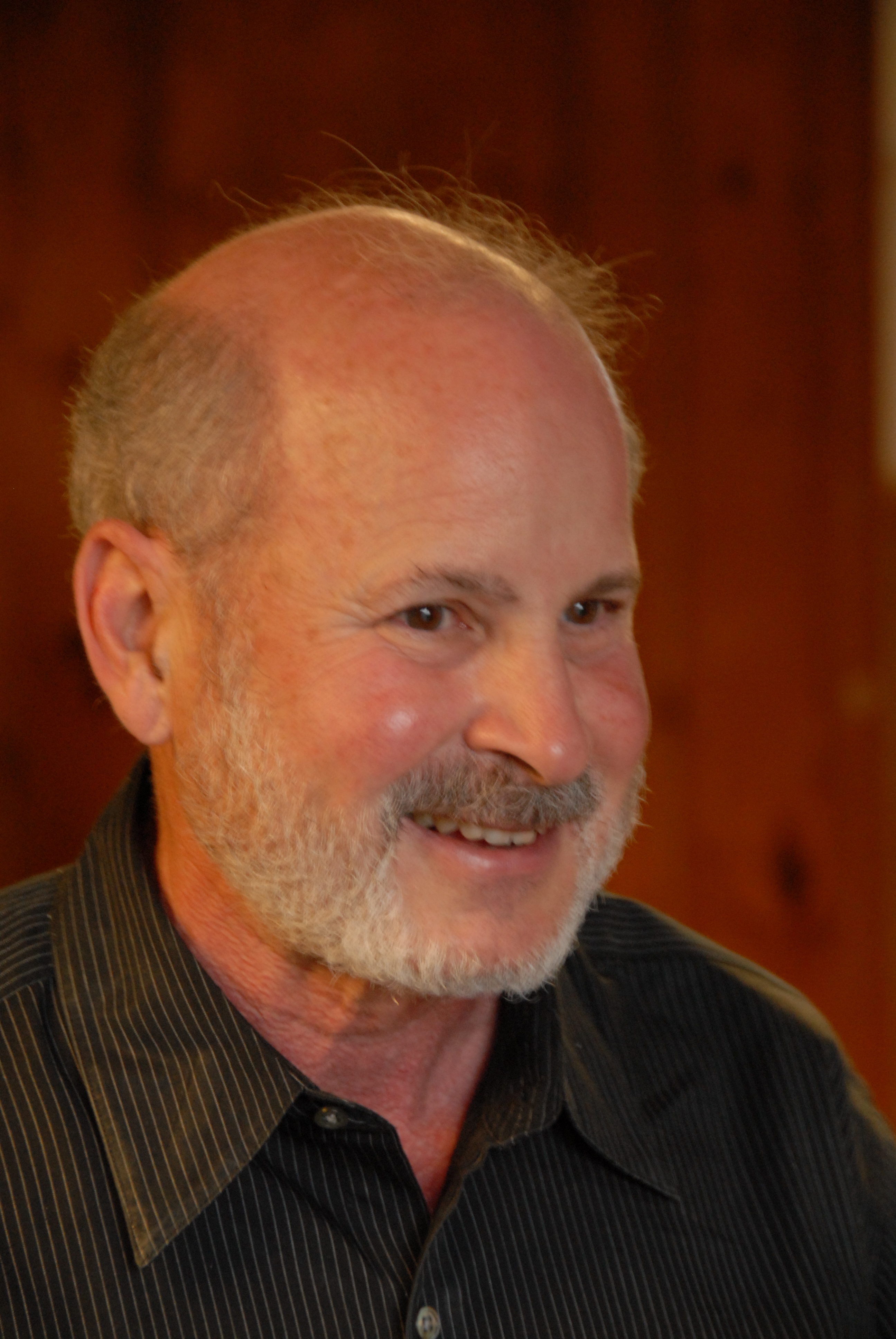
Professor Shweder's recent research examines the scopes and limits of pluralism and the multicultural challenge in Western liberal democracies. He examines the norm conflicts that arise when people migrate from Africa, Asia and Latin America to countries in the “North”.
Read more about Professor Shweder here.
